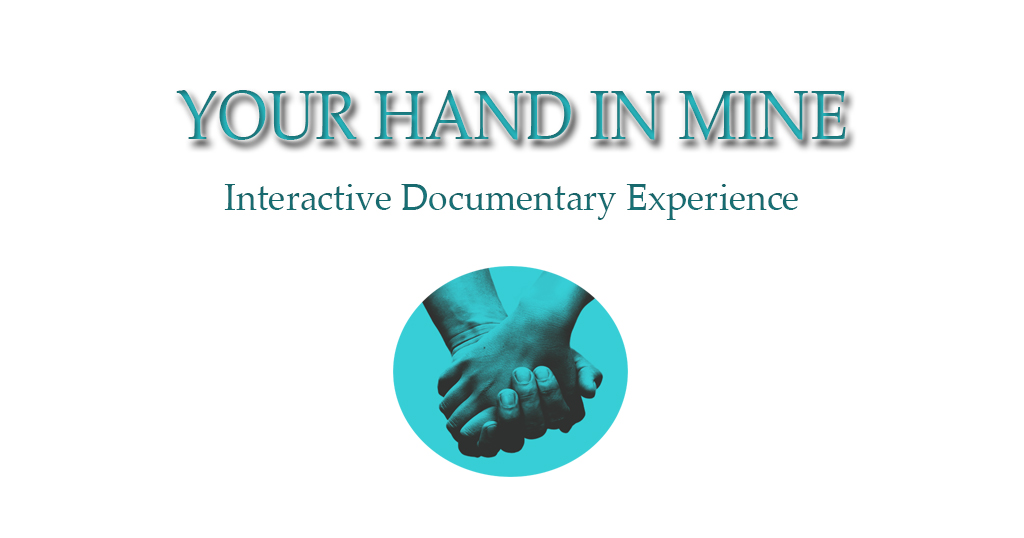Mood disorders, like Bipolar Disorder, are extremely difficult for both the person suffering as well as the people caring for them. The highs and lows of this disease make it difficult to plan and strategize treatment options. These mood swings can also place great strain on personal and familial relationships.
Caregiver’s lives are made all the more difficult by the kinds of assumptions that Sarah Cannon talked about like, for instance, when people assume that if a child misbehaves it automatically must have something to do with their parents not raising them properly.
Studies have shown that both employers and co-workers are uncomfortable with the idea of working with someone suffering from mood disorders. People question their work abilities and many people believe that others “fake” mental illness in order to get out of work.
As Sarah Cannon’s story illustrates, these types of illnesses are not just real but also potentially life threatening. People with bi-polar disorder, as well as depression, are at high risk for suicide if they are not receiving treatment. Since approximately one in eight people will meet the criteria for a mood disorder at some point in their life, it helps to know where to seek professional treatment.
Canadian Mental Health Association (CMHA)
Canadian Mental Health Association is a nationwide voluntary organization, which promotes mental health for all and offers support and assistance to people experiencing mental illness. They have branches across Canada and provide innovative support and services to people who are experiencing mental illness and their families.
https://www.cmha.ca/what-we-do/
Family Association for Mental Health Everywhere (FAME)
FAME offers support, knowledge, and empathy to families of people with mental illnesses and serve as an advocate for these families. Families play a critical role in the recovery of the people diagnosed with mental illness and the stress associated with this responsibility has a direct impact on their health, social and family relations, careers and financial situations.
Parents For Children’s Mental Health (PCMH)
PCMH support educate and empower children youth and their families suffering from mental health challenges. For the past 20 years, PCMH has been improving the lives of families and services for child and youth mental health. They link families to important networks and resources within their communities.
Family Outreach and Response Program
Family Outreach and Response Program offers recovery-oriented mental health support and services to families and youth. It promotes an inclusive, equitable and non-discriminatory approach to mental wellness.
http://familymentalhealthrecovery.org/about-us
The Integrated Community Mental Health Crisis Response Program
A 24-hour crisis line service for Etobicoke and North York. Telephone access and support given to family members, significant others, and caregivers.
Tel: 416-498-0043
Mental Health Commission of Canada
The Mental Health Commission of Canada plays a significant role in improving mental health systems and changing the attitudes and behaviours of Canadians about mental health issues.
http://www.mentalhealthcommission.ca/English/who-we-are
Kids Help Phone
Kids Help Phones provides emotional support for kids and teenagers.
Tel: 1-800-668-6868 – www.kidshelpphone.ca
